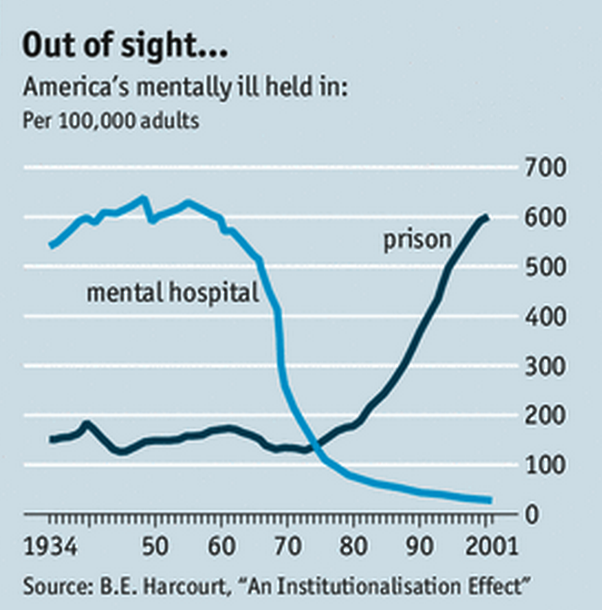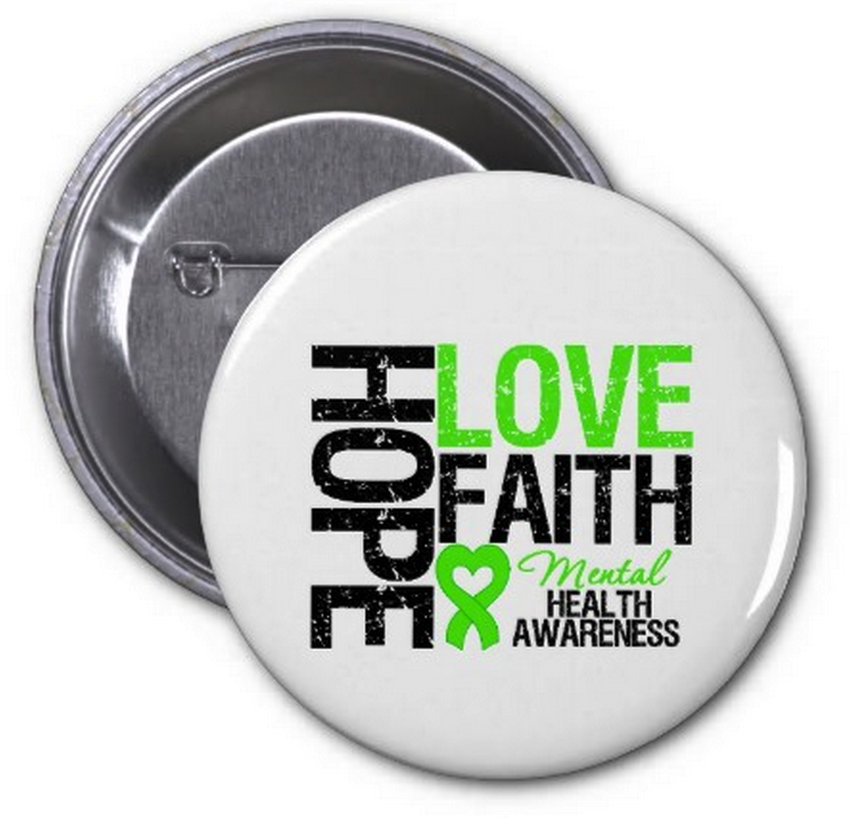Mental Health Institutions or Psychiatric Hospitals, the discussion must go on

 Mental Health Today, getting beyond our old stigmas and ignorance
Mental Health Today, getting beyond our old stigmas and ignorance
The number of inpatient psychiatric beds in the United States has seen an extreme drop off in the past 60 years. In 1955, state psychiatric facilities cared for 560,000 patients; today, they have only 45,000 patients. If you account for the doubling of the country’s population, this represents a 95% decline.
Approximately 10 million people in the United States have a serious mental illness; the number of beds in inpatient psychiatric treatment centers can accommodate only a small fraction of these people.
As new drugs and better outpatient therapy became more affordable and widespread, it led to the closure of many inpatient psychiatric hospitals. However, these new treatment options were not adequate for patients with severe, chronic mental illness, and many had to be moved to nursing homes or general hospitals.
 For those who couldn’t afford care there, many become homeless or wound up incarcerated. Often, this becomes a cycle: prison, homelessness, acute hospitalization, and re-incarceration.
For those who couldn’t afford care there, many become homeless or wound up incarcerated. Often, this becomes a cycle: prison, homelessness, acute hospitalization, and re-incarceration.
The more ethical and financially sound option to treat those with mental illness who cannot live independently is to revisit psychiatric hospitals. If the United States opens more modernized, humane facilities, they can give people with severe mental illness a stable living situation, reducing the number of homeless and incarcerated people.


